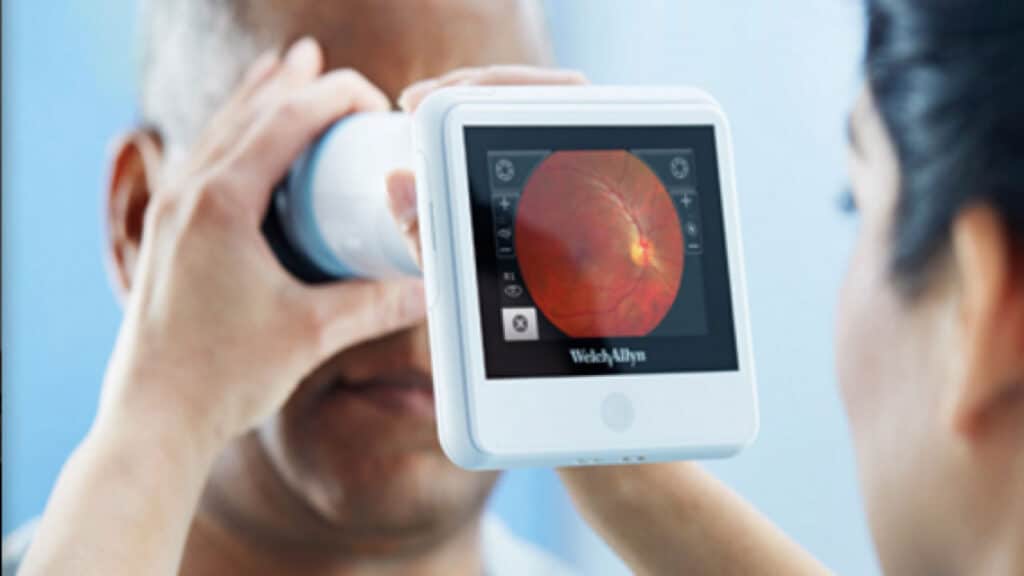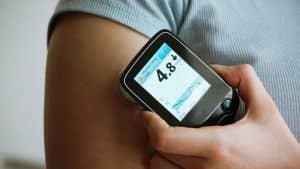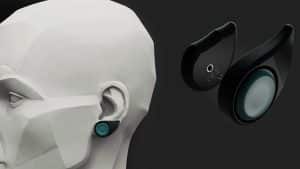Did you know that diabetes is the leading cause of blindness for those between 20 and 75 (https://www.cdc.gov/diabetes/library/factsheets/diabetes-and-healthy-eyes.html)? I didn’t. Eye problems aren’t the first thing you think of when you imagine diabetes, but they’re pretty common. If you have diabetes, you should be checking your eyes regularly.
One of the first signs of diabetes is often blurred vision, though you may not realize at first. It’s one of those things that can have a few causes. When your blood sugar levels are wrong – whether they’re too high or too low – your eyesight suffers. Fluid can leak into the lens of the eye until it’s swollen and misshapen.
This type of blurred vision may disappear pretty quickly once your blood sugar levels have stabilized, though there can be an adjustment period when you first start taking insulin. Unfortunately, there are also some long-term vision problems that can stem from diabetes and aren’t so easy to treat.
Most notable of these eye problems is diabetic retinopathy. This occurs when blood vessels at the back of the eye (in the retina) are damaged by high blood sugar and start to leak. Even if new blood vessels grow to replace them, they won’t work as well. The best thing is to spot it early, but the first stages of the disease rarely have symptoms. That’s why regular eye checks are so important.
Symptoms of diabetic retinopathy aren’t confined to blurred vision. It may affect how you perceive color or how well you see at night. You may see spots, flashes or so-called “floaters”. It can make it particularly hard to do any work that involves paying attention to fine detail.
You can’t always reverse the damage from diabetic retinopathy, but catch it early enough and you’re in with a better chance. Medications, laser therapy, or surgery can help. You should also follow the general advice for diabetics when it comes to keeping your blood sugar, blood pressure and cholesterol at the right levels, exercising plenty and avoiding smoking.
Cataracts, which cloud the lens, and glaucoma, which causes pressure in the eye, are other conditions that damage your vision and can be acquired by people without diabetes, too. However, diabetics tend to develop cataracts younger than other people, and their risk of glaucoma is double that of others. In short: don’t skip appointments with the eye doctor.




